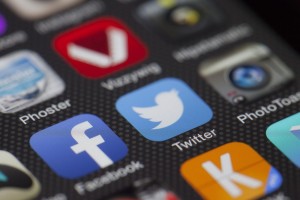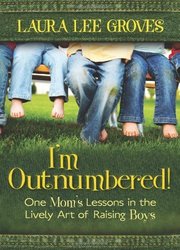Digital Wellness, Applied Digitally
William Wan of The Washington Post wrote last week, “In the modern economy of tablets and apps, our attention has become the most valuable commodity.”
We scroll, we click, we post, we like – and our behavior exemplifies what B.F. Skinner called “variable rewards.” We keep looking and liking and sometimes, we get what we’re seeking. (Slot machines come to mind…)
Looking for a remedy
Now that we’re finally becoming aware of our behavior and its potential drawbacks, Wan writes, “rebel developers” enter the picture:
“Increasingly, the rebel developers are using fire to fight fire – creating apps that try to put users back in control. They call their movement ‘digital wellness,’ and in recent weeks, they scored two huge victories when Google and Apple announced plans to incorporate some aspects of digital-wellness apps – like allowing users to track their screen time –into upcoming Android and iPhone operating systems.”
Are we Narcissus?
Marshall McLuhan’s book, Understanding Media: The Extensions of Man, published in 1964, discussed this control issue by comparing us to Narcissus of Greek mythology. A young man of extraordinary beauty, Narcissus one day bent to drink from a pool and saw his own reflection. He immediately fell in love with the image. In some versions of the story, Narcissus tries to embrace his reflection, falls in, and drowns; in another, unable to tear himself away from his reflection, he simply wastes away and dies. Clearly, Narcissus’s obsession with his image led to his death.
Numbed by extensions, we auto-amputate.
Fascinated with the extension of himself, the image, Narcissus became numb to other perceptions and effects. He offloads, or in McLuhan’s terminology, auto-amputates, his feelings and sensations to the image. McLuhan’s contention is that we do the same with technology.
We’ve always used tools, and technology is nothing new. We use a tool such as a pen or pencil to write down a list, offloading the need for memory. Later, as smartphones offer their amazing abilities to us, we further offload by inputting our contacts into their memory.
When I read the headline “Rebel Developers Are Trying to Cure Our Smartphone Addiction – With An App,” I immediately asked what is wrong with this picture.
As we enable our smartphones to regulate our smartphone addiction, I wonder how much more numb we can possibly get.







Let’s Connect Here!
Click the icons to go to my social media profiles and let's get connected.